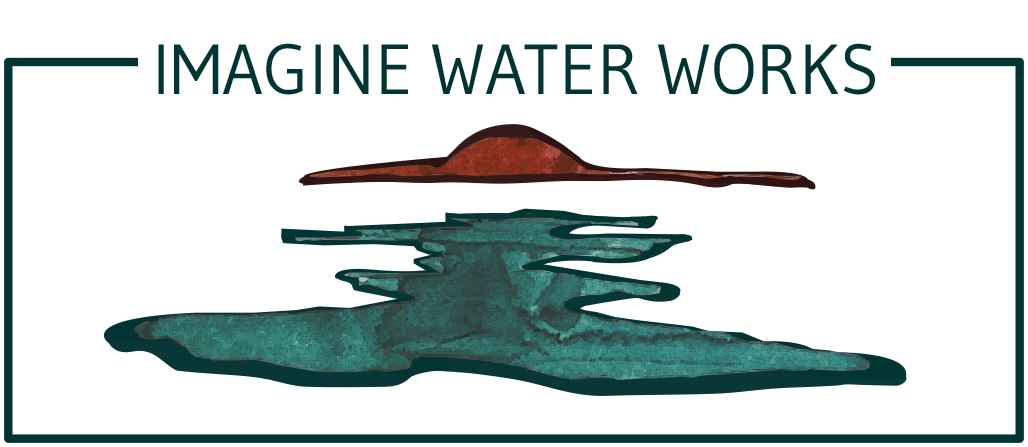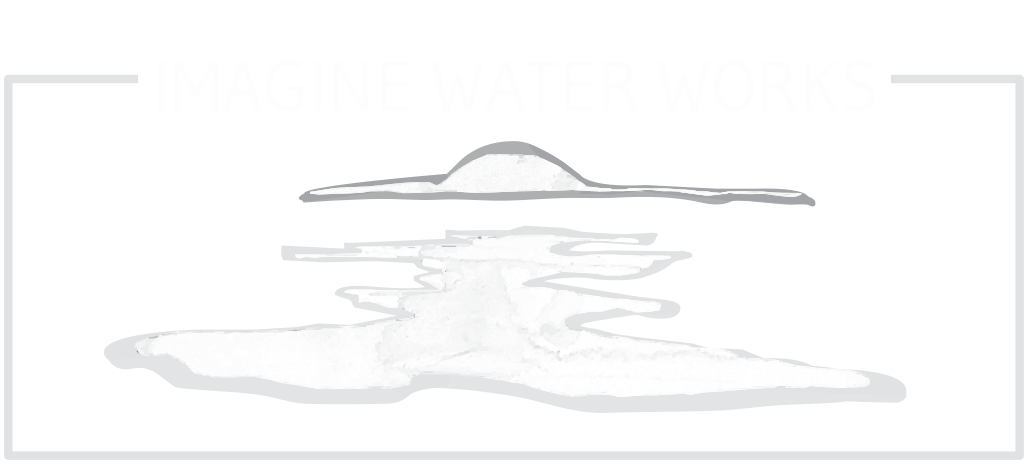Here are the latest news stories in local and national water policy for November. We’ve added new features, including WATER FUNDING + FINANCE NEWSand Q&A. Scroll to the end to see these sections.
In The News
Sea Level Rise: New Interactive Map Shows What’s at Stake in Coastal Congressional Districts
Union of Concerned Scientists
On the heels of the midterm election, we wanted to highlight a tool from the Union of Concerned Scientists, showing what’s at stake in coastal congressional districts. The interactive map allows communities to address sea level rise and coastal flooding by providing a visualization of future conditions, which can be used to advocate for research, funding, and policies that will be needed to address climate change.
Click here to explore the mapping tool. “Clicking on any coastal congressional district in the contiguous United States will bring up information on the number of homes at risk of chronic inundation–or flooding, on average, every other week–as sea level rises. You’ll also get information about how much those at-risk homes are collectively worth, an estimate of the number of people living in those homes, and their current contribution to the property tax base. Each district also has an accompanying district-specific fact sheet with statistics and information about chronic inundation risks. You can explore both near-term and long-term projections for a scenario with relatively rapid sea level rise and one with more moderate sea level rise.”
The unseen driver behind the migrant caravan: climate change
The Guardian
Thousands of Central American migrants trudging through Mexico towards the US have regularly been described as either fleeing gang violence or extreme poverty. But another crucial driving factor behind the migrant caravan has been harder to grasp: climate change. Read more.
Fixing the Climate Requires More Than Technology
The New York Times
The latest Intergovernmental Panel on Climate Change report warns that climate change “is underway, it’s happening faster than scientists predicted, and time is running out to stop it. The problem seems so intractable, the challenges of addressing it so monumental, as to defy solving. But the history of technology offers reasons for optimism.” However, as with any past technological transformations, it will require “significant interventions by the visible hand of government.” Read more.
CPRA launches new Coastal Impacts blog
CPRA
CPRA has launched a new blog to highlight coastal issues and ongoing work to protect and restore our coast. Their first post, “Reducing Risk in the River Parishes: Building Levees and Wetlands to Protect Communities,” highlights the $760 million West Shore-Lake Pontchartrain project. Currently in the planning phase, this structural protection project will benefit more than 44,000 Louisiana residents in the area. See the blog here.
More Water Headlines
- A 14-year-long oil spill in the Gulf of Mexico verges on becoming one of the worst in U.S. history
- Rising Mississippi River prompts Corps levee inspections
- Stormwater Greening Is Good for Business
- ‘We can do this’: Lower 9th Ward residents focus on need to clear overgrown lots
- Central City lead poisoning case shows possible weaknesses in state prevention program
- Minorities Are Most Vulnerable When Wildfires Strike in U.S., Study Finds
- Young Activists Can Sue Government Over Climate Change, Supreme Court Says
- Indomitable Spirit: Antranette Scott and the Lawsuit against the S&WB
- Battered by climate change, U.S. cities discuss ‘managed retreat’
- Council votes for potential $5 million fine on Entergy, some councilmembers open to revoting on power plant
Water Funding & Finance
- Aspen Presidential Fellowship for Community College Excellence
Deadline: Applications currently open for 2019-2020 cohort; Nominations are accepted year-round and nominees will be contacted on a rolling basis beginning fall of 2018. The Aspen Presidential Fellowship for Community College Excellence aims to develop a cadre of exceptional leaders who can transform community colleges to achieve higher levels of student success while maintaining broad access. Drawing on the exemplary work of excellent community colleges, the Aspen Institute engages a select group of fellows each year in this intensive, applied leadership executive program, delivered in collaboration with Stanford Educational Leadership Initiative. The year-long fellowship includes three in-person residential seminars plus structured mentoring by experienced community college presidents and the development of a strategic leadership vision through a capstone project. More information here. - 16th Annual P3 Awards: A National Student Design Competition Focusing on People, Prosperity and the Planet
Deadline: December 11, 2018
The U.S. Environmental Protection Agency (EPA) announces the release of the 16th Annual P3 Awards: A National Student Design Competition Focusing on People, Prosperity and the Planet (P3) Phase I Request for Applications (RFA). This collegiate design competition promotes the use of scientific and engineering principles in creating innovative projects to address environmental challenges and develop real-world solutions. This RFA is seeking applications in the research areas of Air Quality, Safe and Sustainable Water Resources, Sustainable and Healthy Communities, and Chemical Safety. More information available here. - National Estuary Program Coastal Watersheds Grant (RFA)
Deadline: December 20, 2018 (through Grants.gov)
EPA is soliciting applications to administer a competitive subaward program through the National Estuary Program (NEP) Coastal Watersheds Grant addressing urgent and challenging issues that threaten the ecological and economic well-being of coastal and estuarine areas. Full RFA available here.
Water Events
- Water Fall Fest, November 17, 11 am to 3 pm at the Greater New Orleans Foundation Center for Philanthropy (919 St. Charles Ave). Celebrating five years of water work, and open to families, community members, businesses, and anyone curious about water! Attend here.
- Delta Z: A Topographical History of New Orleans, a presentation by Tulane geographer and author Richard Campanella will take the audience through over three centuries of topographic history, from pre-colonial to post-Katrina times. November 26, 7 – 9 pm. Attend here.
- Intro to Emergency Preparedness for Performing Arts Organizations – November 28, 2 pm. This class will address why emergency preparedness is critical to protect your arts organization from external risks and internal vulnerabilities, and will examine the typical process and contents of a plan. Register here.
Q&A
“Given global warming and hurricanes increasing in frequency and size, what can we actually do to address our water challenges? Or are we just delaying the inevitable, in which we’ll become the next Atlantis?” – Stephanie
What a great question. I think many of us who work in this space struggle between optimism and pessimism about what can be done to slow climate change, sea level rise, subsidence, and coastal land loss. Smarter people than I have written about how our popular culture reflects the unease we have with the future: the way that dystopian films and entertainment – think zombies in the Walking Dead or alien invasions in Independence Day – reflect our deep-seated fears that we really are doomed. To paraphrase Mark Fisher, it’s easier to imagine the end of the world than the end of climate change. It’s equally futile to look at our present situation, where devastating hurricanes like Florence and Michael can inflict brutal damage and fade from the news cycle within a few days, and resign ourselves to a vaguely terrible fate. It’s important to remember that things can always get worse, and we have critical work to do. The more we understand about the task ahead, the more daunting it seems – but it must be done. I recently read a piece that reminded me how important it is to redefine what is realistic – within the physical limits of the world we live in, things could get better. We have to believe in it and create a world where that is true.
Do you have water management policy and program questions for Propeller or Water Works? Let us know, and we’ll run them in upcoming newsletters. Email Allison or Miriam.
WaterMark is a monthly briefing on water programs and policies in Louisiana, brought to you by Propeller and Water Works.




